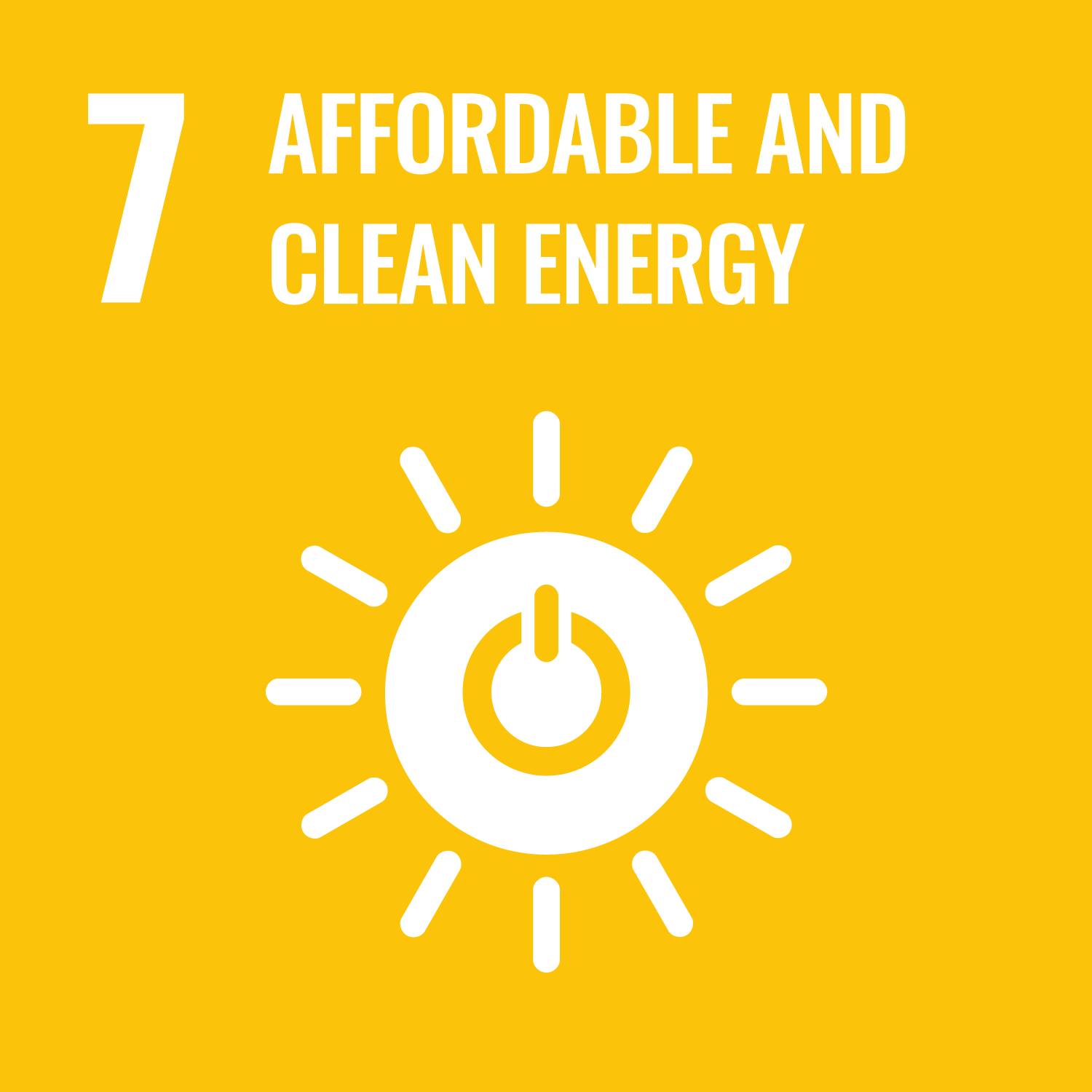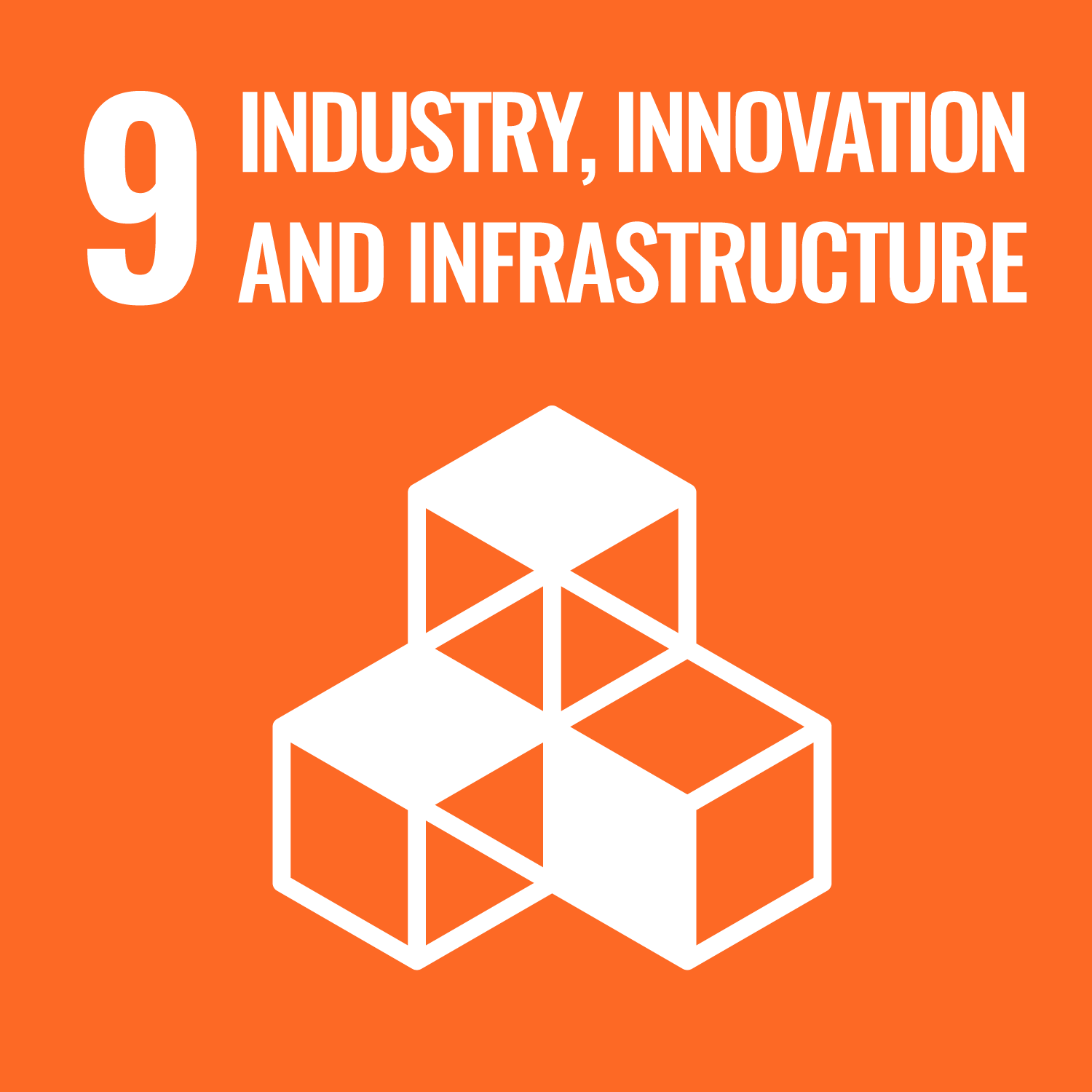Transitioning to Low Carbon Sea Transport
Objectives
Reduction of GHG emissions in the domestic maritime transport sector and moving towards energy efficient solutions.
Provision of eco-friendly, innovative and sustainable shipping solutions for the transportation within Atolls and in-between Atolls throughout the Marshall Islands and at a regional level.
Policy support for the Marshall Islands within the context of IMO and UNFCC negotiations.
Description
In the Republic of the Marshall Islands (RMI) in the Pacific island region — a country that is 99.99% ocean and is therefore highly dependent on sea transport — domestic ships run mainly on costly imported fossil fuels, which emit a significant volume of greenhouse gases (GHGs). RMI, which faces an existential risk from climate change-induced sea level rise, was the first country to pledge, under the Paris Agreement, to a 32% reduction in carbon dioxide emissions below 2010 levels by 2025, and to a 45% reduction by 2030, towards its goal of zero net emissions by 2050. Central to the achievement of these goals is the reduction of the country’s GHG emissions from sea transportation. The project supports RMI in delivering its Nationally Determined Contributions (NDC) under the United Nations Framework Convention on Climate Change (UNFCCC).
Approach/Field of intervention
- Sailing cargo ships
- Low emission propulsion systems
Targeted beneficiaries
Primary beneficiaries are the people of RMI which will be reached in the mid-term by the project through lower costs of sea transport and reduced CO2-emissions. Communities on the outer island will gain better access to national transport services.
In the short term the Government of the Marshall Islands, in particular the Ministry of Foreign Affairs as head of delegation at international negotiations, and the Ministry of Energy and Transport and the Marshall Islands Shipping Corporation.
Other Government department of the Marshall Islands: through reduced fuel needs for sea transport freeing up budget for other purposed and progression towards meeting NDC emissions reduction targets.
Private Sector Operators: small shipping enterprises. Through demonstration of alternative approaches for ship propulsion and data on the economic and emissions effectiveness of such technology as well as trade through better availability of cost-efficient sea transport.
Other Pacific Small Islands Developing States (Cook Islands, Fiji, Kiribati,
Nauru, Niue, Palau, Papua-New Guinea, Samoa, Salomon Islands, Tonga, Tuvalu and Vanuatu) from demonstration and economic and climate-policy assessment of appropriate technological and operational options (for instance better planning of transport ways and movements) for reducing fossil fuel use.
RMI mariners, public servants, students and researchers through enhanced capacity and increased opportunities for learning.
Highlight activities /Achievements
- Inside Lagoon Component: two 3-month Boatbuilding workshops with up to ten Marshallese trainees in innovative boatbuilding technologies in Majuro Atoll, introduction of adapted sailing craft designs to the needs and requirements of inside lagoon shipping in the Marshall Islands
- Inter Atoll Component: baselines assessment of domestic shipping, development of various low carbon solutions for the Marshall Islands Shipping Corporation (Catalogue of low carbon shipping options), charter of SV Kwai, a used sailing cargo vessel, and consecutive procurement by RMI government, developing a Tender Design for a 50m sailing cargo vessel with an innovative sailing rig and a cargo capacity of 200 metric tons and approximately a capacity of 50 passengers
- Supporting the Marshall Islands Ministry of Foreign Affairs in capacity building and negotiations in the context of the IMO (International Maritime Organization) and UNFCCC.
Publications/Knowledge Products
Success stories
Electrical Propulsion Kit in the Marshall Islands: “Testing Sun power for local vessels”
“walking the climate department”, the testing of a solar powered outboard engine in Majuro this week could lead to multiple vessels use of this sustainable energy technology for ocean transportation. “We are developing system that work for different types of boats”, said Waan Aelon in Majel Director Alson Kelen of the trial of a solar powered engine on the “WAMCat” vessel, a twin hull sailing boat designed and built by WAM for carrying passengers and cargo. The WAM team has been testing the engine this week, with an official launch scheduled for this Friday. In the big picture, this project is part of a sustainable transport program that WAM and others are engaged in locally to develop low carbon vessel options for the RMI. It is supported by multiple funders, including German Agency for International Cooperation knows as GIZ, the RMI National Energy Office and others. (shortened Article from the Marshall Islands Journal)
COUNTRY
ASIA , Marshall Islands , Pacific Islands
DURATION
May 2017 - December 2022










